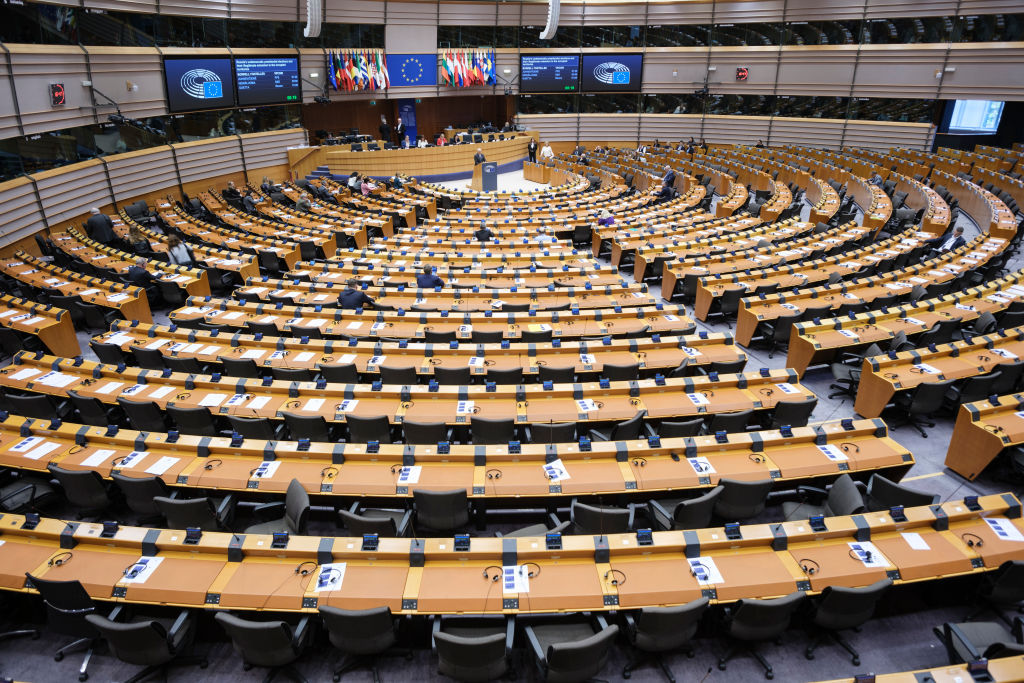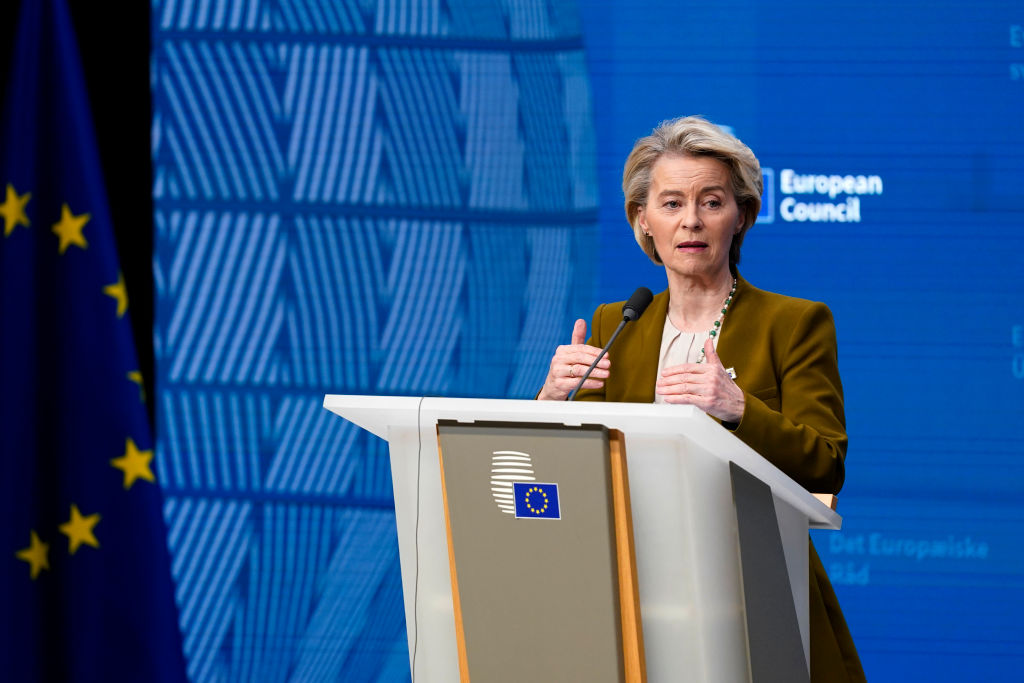The European party Patriots for Europe (PfE) has taken the Authority for European Political Parties and European Political Foundations (APPF) to court, accusing it of “political bias and a lack of independence”.
The hearing was set to begin in May at the European Court of Justice in Luxembourg.
The APPF, which was tasked with registering, monitoring and sanctioning European political parties and foundations, has come under fire from the European parliament’s right-wing PfE for alleged conflicts of interest in the appointment of its leadership.
“Given that it is already the European Parliament’s responsibility to allocate and decide on the funding of European political parties, it is clear that the process for appointing the Director of the Authority did not guarantee the independence and impartiality of the appointee,” the PfE said.
According to the APPF website, political neutrality was at the heart of its mission.
“The Authority carries out this mission independently, efficiently and with respect for political pluralism,” it said.
In legal claim documents seen by Brussels Signal, PfE argued that the appointment of Pascal Schonard as Director of the APPF was compromised by political bias.
According to European Union regulations, the Director of the APPF was appointed for a five-year non-renewable term by the European Parliament, the Council of the European Union and the European Commission – jointly referred to as the “appointing authority”.
That was on the basis of proposals made by a selection committee composed of the secretaries-general of those institutions following an open call for candidates.
The complaint specifically named Klaus Welle, former Secretary-General of the EP from March 15, 2009 to December 31, 2022, who participated in the appointment of Schonard in 2021.
While Welle’s role allowed him to be part of the appointment process, the PfE argued that his strong political affiliations called his neutrality into question.
The group noted that Welle previously served as Secretary-General of the European People’s Party (EPP) from 1994 to 1999. He was also Secretary-General of the EPP-ED Group in the EP from 1999 to 2003.
PfE also accused a senior APPF official, the head of the Director’s Cabinet Stephanie Kaiser, of “political bias” for allegedly expressing an opinion against right-wing parties.
It cited a social media post she “liked” featuring a comment written by Gerhart Baum for German newspaper Süddeutsche Zeitung that claimed “anyone voting for the AfD [Alternative for Germany party] is giving a mandate to people who want to abolish democracy and plan deportations”.
“We understand that Madame [senior APPF official] is politically committed, but how can we trust that she is perfectly impartial?” the PfE wrote in its filing.
“The Director selected shall not have a conflict of interests between his or her duty as Director of the Authority and any other official duties, in particular in relation to the application of the provisions of this Regulation,” EU rules stated.
The PfE also highlighted that Schonard had close links to the EP’s leadership at the time of his appointment, claiming that he was a member of Welle’s cabinet when he was Secretary-General of the EP.
“How can he [Schonard] control the EPP when he owes them his job?” the PfE’s financial director told Brussels Signal. He added that Schonard was appointed Director of the APPF while he was still a member of Welle’s cabinet, when Welle was still Secretary-General of the EP.
According to the minutes of the Parliament Bureau published on July 5, 2021, Schonard was still listed as a cabinet member of Welle after the vacancy notice for the APPF Director position was posted on June 22, 2021, in the Official Journal of the European Union.
Schonard officially took up the position of APPF Director on September 1, 2021.
This raised questions about whether his appointment complied with EU regulations, the PfE said.
“The Director of the Authority shall be selected on the basis of his or her personal and professional qualities. He or she shall not be a member of the European Parliament, hold any electoral mandate or be a current or former employee of a European political party or a European political foundation,” the EU regulation said.
This was not the first time that the right-wing party PfE has raised concerns about political bias within EU institutions, which it has claimed impacted the functioning of its political activity.
In 2023, the APPF adopted a sanction decision concerning the European political party Identité et Démocratie (ID Party) – now PfE – for intentionally providing incorrect information about its board composition to the public. A fine of 5 per cent of its annual budget was imposed on the ID Party, amounting to €47,020.54.
PfE previously claimed the European Parliament censored a letter addressed to its Director-General contesting the non-reimbursement of funds.
While the EP’s Bureau did not deny editing the letter, it insisted that “procedures were followed”.
The PfE further argued that EU authorities were selectively enforcing rules to restrict funding to right-wing parties.
At the time of writing, the APPF and the EP had not publicly responded to the latest accusations.
The European Parliament is restricting funding to right-wing parties by selectively enforcing its own rules, it has been claimed. https://t.co/KEY9fEYP3E
— Brussels Signal (@brusselssignal) March 21, 2025





